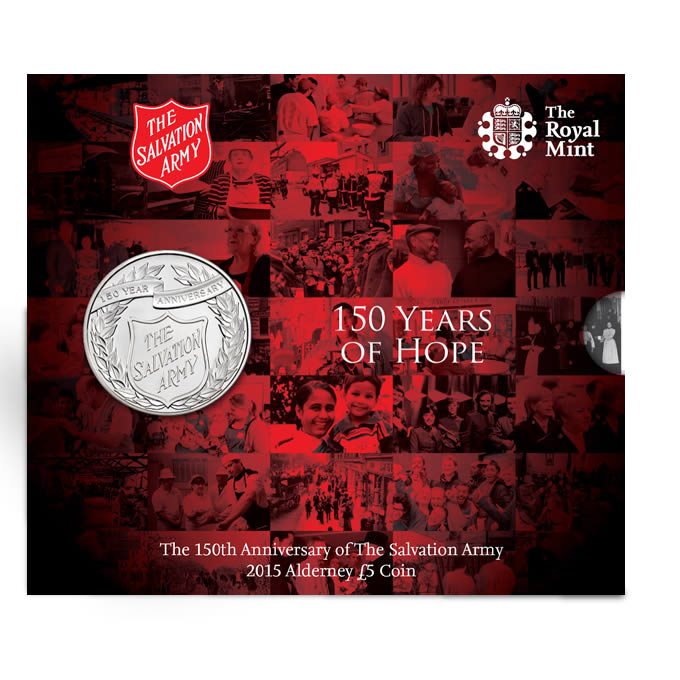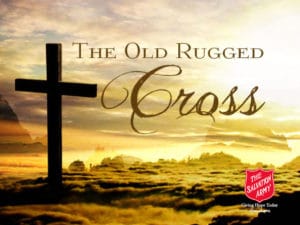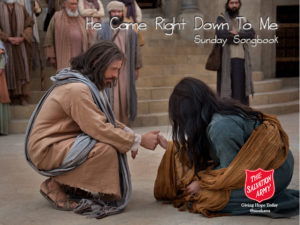The Royal Mint in the United Kingdom has issued a special £5 coin honouring 150 years of The Salvation Army.
A Royal Mint representative says that this is the first Salvation Army coin created by an official mint.
The reverse design for this special 150th anniversary coin was created by Laura Clancy, one of The Royal Mint’s talented designers.

Laura’s design includes the familiar Salvation Army shield and a laurel wreath. A Royal Mint press release explains that the design was ‘inspired by the cheering warmth and familiarity of the Salvation Army brass band playing carols, a distinctive feature of any British high street in the run-up to Christmas’. It seeks to make the viewer ‘think more deeply about the organization, and the tireless good work that its volunteers are engaged in all year round’.
‘I felt honoured to work on the design for The Salvation Army coin,’ says Laura. ‘It was an opportunity to learn more about the brass bands I remember on wintry days, their tunes warming up the cold and gently letting everyone around know that they are there. I wanted to create a design that commemorates their achievements. Something classic, celebratory and with something we all know and recognize at the heart of it.’
The coin is being released in two forms, a cupro-nickel version (similar metal content to all silver-coloured UK coins) and a limited-edition sterling silver version. The cupro-nickel coin will sell for £13 and the silver coin – of which only 1,500 are being minted – will cost £80. The coins are available to purchase direct from the Royal Mint and will also be for sale at the SP&S Shop at The Salvation Army’s international congress in July.




